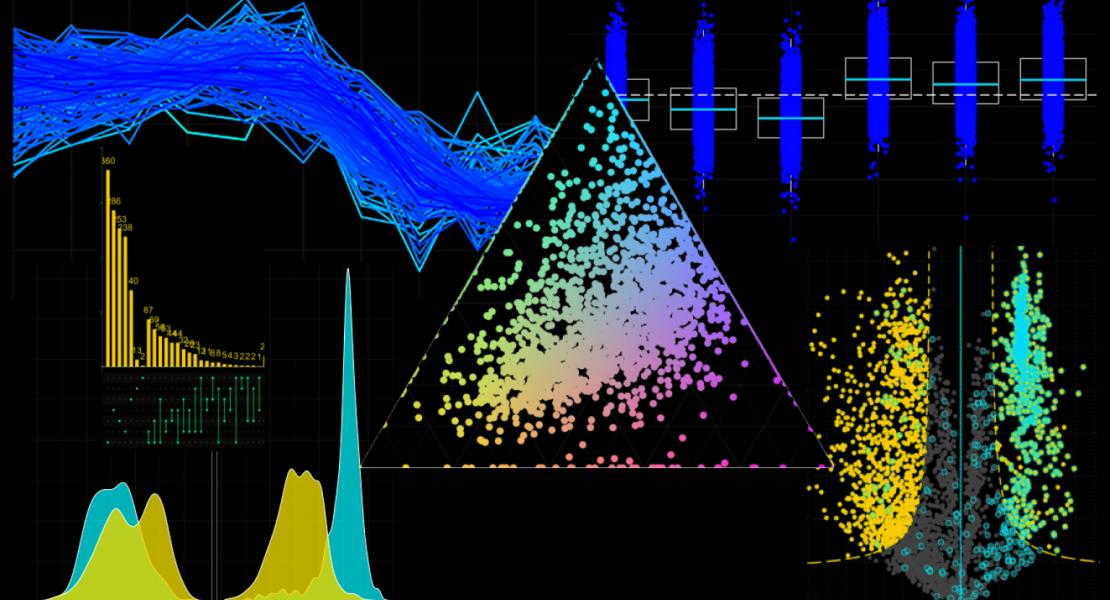Deep exploration networks for rapid engineering of functional DNA sequences

Abstract
Engineering gene sequences with defined functional properties is a major goal of synthetic biology. Deep neural network models, together with gradient ascent-style optimization, show promise for sequence generation. The generated sequences can however get stuck in local minima, have low diversity and their fitness depends heavily on initialization. Here, we develop deep exploration networks (DENs), a type of generative model tailor-made for searching a sequence space to minimize the cost of a neural network fitness predictor. By making the network compete with itself to control sequence diversity during training, we obtain generators capable of sampling hundreds of thousands of high-fitness sequences. We demonstrate the power of DENs in the context of engineering RNA isoforms, including polyadenylation and cell type-specific differential splicing. Using DENs, we engineered polyadenylation signals with more than 10-fold higher selection odds than the best gradient ascent-generated patterns and identified splice regulatory elements predicted to result in highly differential splicing between cell lines.
